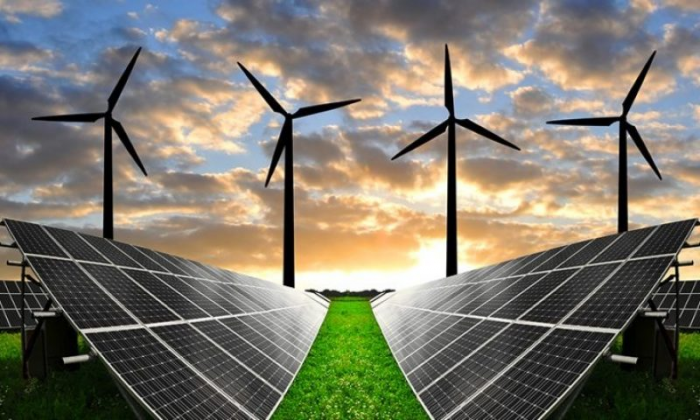Overview
There are three types of energy efficiency measures used in Sweden: advisory services, financial support for R&D, and the survey of energy efficiency requirements for large companies, industries and energy producers. Energy efficiency policies take the form of support for small actors and obligations for larger stakeholders.
Summary of measures
● Research grant for resource and energy efficient construction and housing. The current, 6th call is for R&D projects that foster the development of resource and energy efficiency housing. ● Energy efficiency advising for SME’s. The Swedish Energy Agency offers various types of information and advising about energy efficiency for SMEs, for example, online courses and tailored support for individual companies. ● Energy surveys for large companies. Large companies are obliged to carry out an energy survey every four years. The survey is executed by a certified surveyor. ● Mandatory cost-benefit analyses. It is mandatory for district heating companies and industrial companies planning to construct a new plant or to upgrade a plant to conduct a cost-benefit analysis for incorporating heat from waste in the generation process. ● Funding for energy and climate advising: Municipality and regional authorities can apply for funds from the Swedish Energy Agency in order to provide local stakeholders with climate and energy advice. In addition to funding, the scheme also providers training for persons working as energy and climate advisers.
Competent authorities
● Swedish Energy Agency ● County Administrative Boards ● Land and Environmental Court

